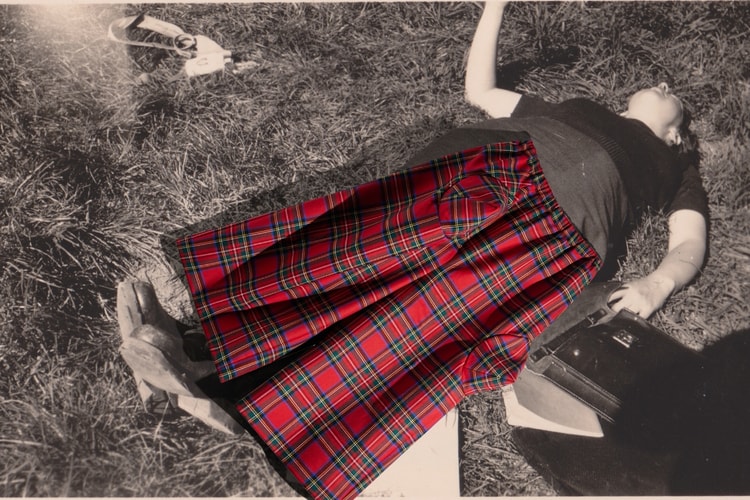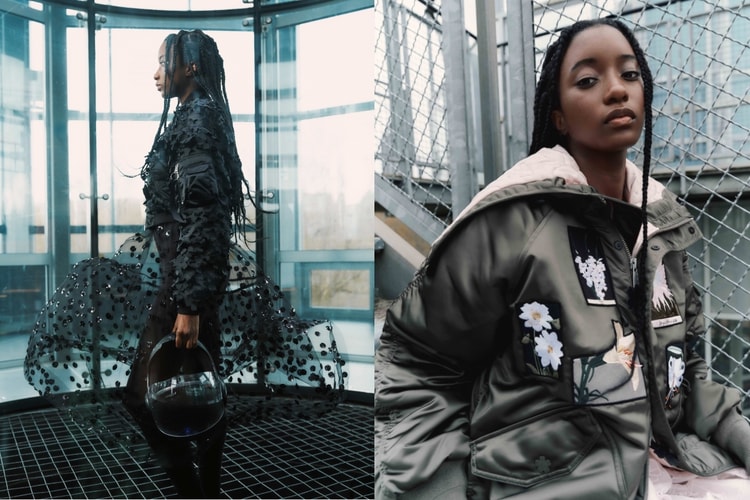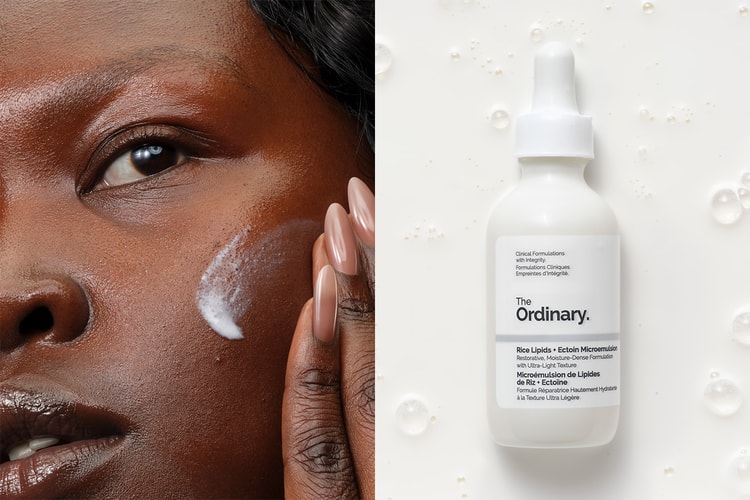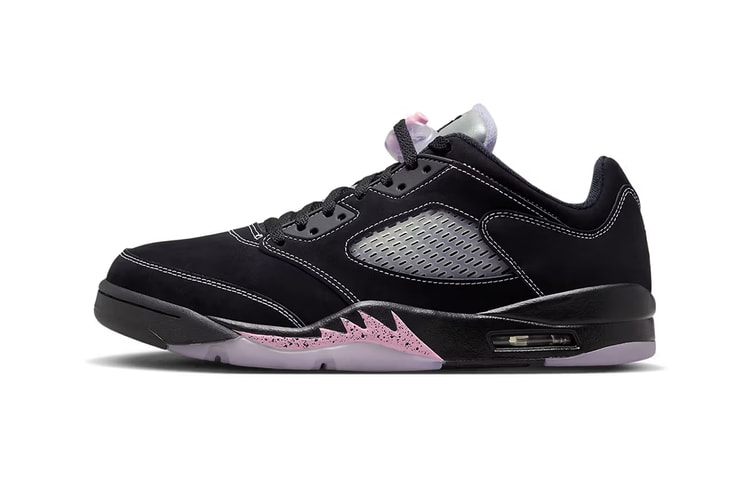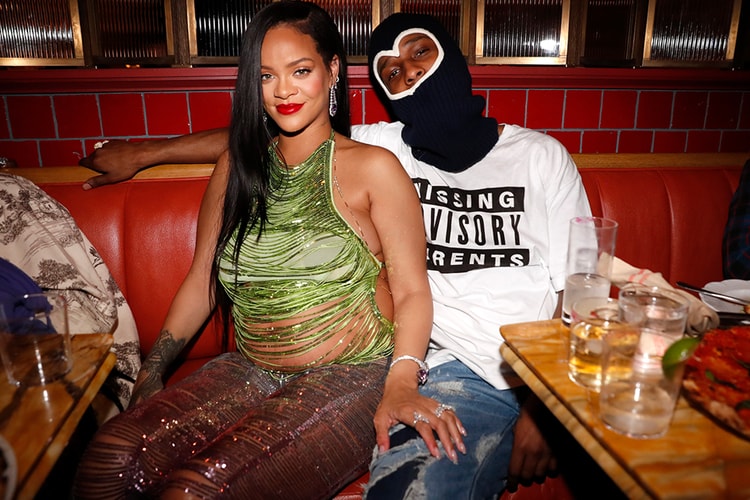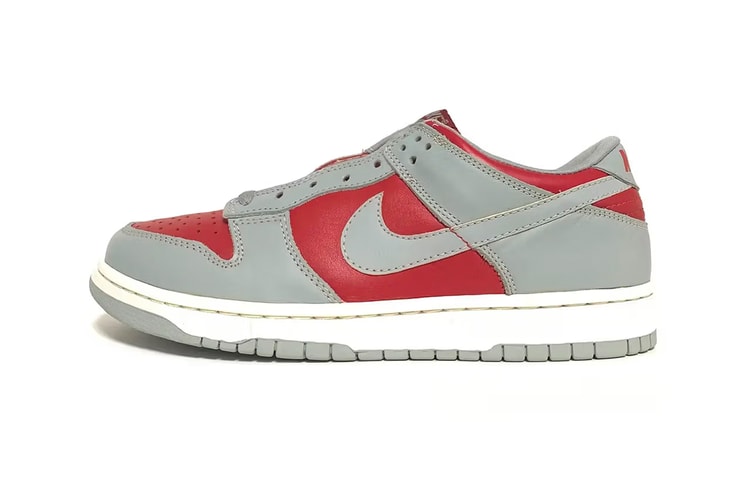
Is Biotech The Future of Sustainable Skincare?
“We’re heading towards a post-natural future where we’ll use synthetic biology to learn from nature instead of extracting from it.” — David Hjalmarsson, Founder of Tiny Associates®
At the intersection of science and artistry exists a luxury brand on a mission to drive sustainability efforts across the skincare industry. Tiny Associates®, which has been shaking up skincare since its launch in 2021, believes in a post-natural future where we work together with the planet, not against it.
In an effort to highlight the craftsmanship in biotech alternatives, Tiny Associates® brought its Post-Natural campaign to Dover Street Parfums Market in collaboration with Jon Buck. The artist, who’s impressive resume spans the likes of Byredo and Acne Studios, created 12 stunning artworks inspired by the biofermentation process.
“Biology isn’t about lab coats and genetically modifying things, it’s about craftsmanship, refining, toning and perfecting ingredients that don’t impact the Earth,” says David Koo, Founder of Tiny Associates®. To reduce strain on resources and decrease carbon footprint, the brand focuses on sustainable alternatives to natural skincare ingredients using bio fermented molecules to provide a new natural approach from potent face serums to functional skin supplements.
Read more to hear from Koo on how Tiny Associates® is redefining sustainability in skincare and his optimistic case for biotech alternatives. 
How did you develop the methodology for taking this product from the point of ideation and into the final output?
We are an assembler of different raw materials. We take the ingredients and we try to introduce it to the market the best we can. The way we assemble the raw material into final product is quite unique. When we started working on this three years ago, we were sourcing ingredients and researching biotech but nothing came up. The early innovators in this space weren’t advertising themselves as biotechnology companies but instead as “natural.” So, we had to have calls with all of these players to try to really understand the ingredients and the products. Ultimately, we are leaning on the thousands of people that are making these things and bringing it to the market.

Who were some of your first inspirations that you started to look at as you were building the brand?
One is Anika Ye who is an artist working between fragrance, cuisine and science. She’s Korean living in New York and she influenced me in terms of the way we try to make products meaningful to the end consumers. Biotechnology can be quite inaccessible at times and it sounds quite scientific so it’s important to simplify things and she does a beautiful job of that. The second is Jasmina Aganovic who works at Arcaea. She is an inspirational voice who can excite both industry stakeholders and end consumers. We can’t introduce these products as rational or just about minimising our footprint — we need to target emotions.
That’s also what we’ve tried to do with our installation at Dover Street Market — to find the sweet spot between artistry and science. Biology isn’t about lab coats and genetically modifying things it’s about craftsmanship, refining, toning and perfecting ingredients that don’t impact the Earth.

Talk to us about your collaboration with Jon Buck for the DSPM installation, how did the partnership come together?
We got in touch with DSPM and they were quite excited about our project and the importance of communicating biotech in skincare. It’s important to make people understand how these ingredients are made and we thought an installation would really help to drive curiosity. We got in touch with John Buck, who has worked with brands such as Byredo and ACNE Studios, and just gave him free range in terms of interpreting the complicated process of bio fermentation.

Do you have a favorite product in your current collection?
The serum packs have the strongest punch. We hear a lot people saying that we try to simplify skincare but I don’t think that’s even possible — it’s enormously difficult to make good products that are ethical, sustainable and functional. So, we have this table where we have listed all our ingredients against some parameters whether they’re skin natural or how they interact with the skin. We think looking at the molecules of your skin is more natural than coconut oil or jojoba oil, which are natural ingredients but not natural to the skin. So, when we develop our products, we have various axis and our ingredients need to fulfil all of them — the serum embodies this the most.

As a unisex brand, has there been anything interesting you’ve identified about your audience engaging with skincare?
Men are starting to not want brands to communicate to them as a “male brand” — that is not enough. Men are understanding that we also need skincare. Men and women, we share more similarities than difference in our skin. So, it doesn’t make sense to have products that separate us. DSPM clientele are already very knowledge about skincare, men included, and our clientele are happy that we are speaking to them in an advanced way, regardless of gender.

What gets you excited about biotech beauty and skincare in the future?
I feel privileged to be in the industry right now as I think bio tech will be able to do things that traditional products haven’t been able to do. We certainly want to be part of driving these new, exciting performance type of products. You can sell skincare based on lifestyle and values and imagery but you need to have products that also serve a purpose and I think that biotech will massively widened that scope.
It’s about solving problems. For example, with a deodorant, it’s not about putting fragrance over a smell but about understanding how microbes work in our armpits and questioning the bacteria to not have it released in a bad way. I’m really happy that we have these forward thinkers and biologists that are looking at things from a completely new angle.












